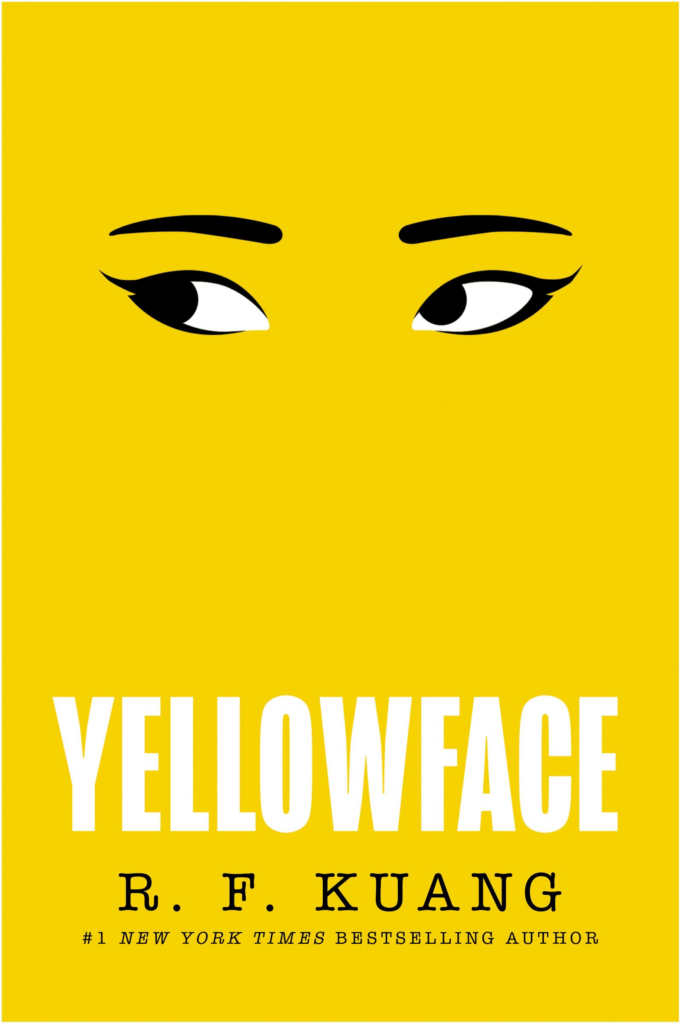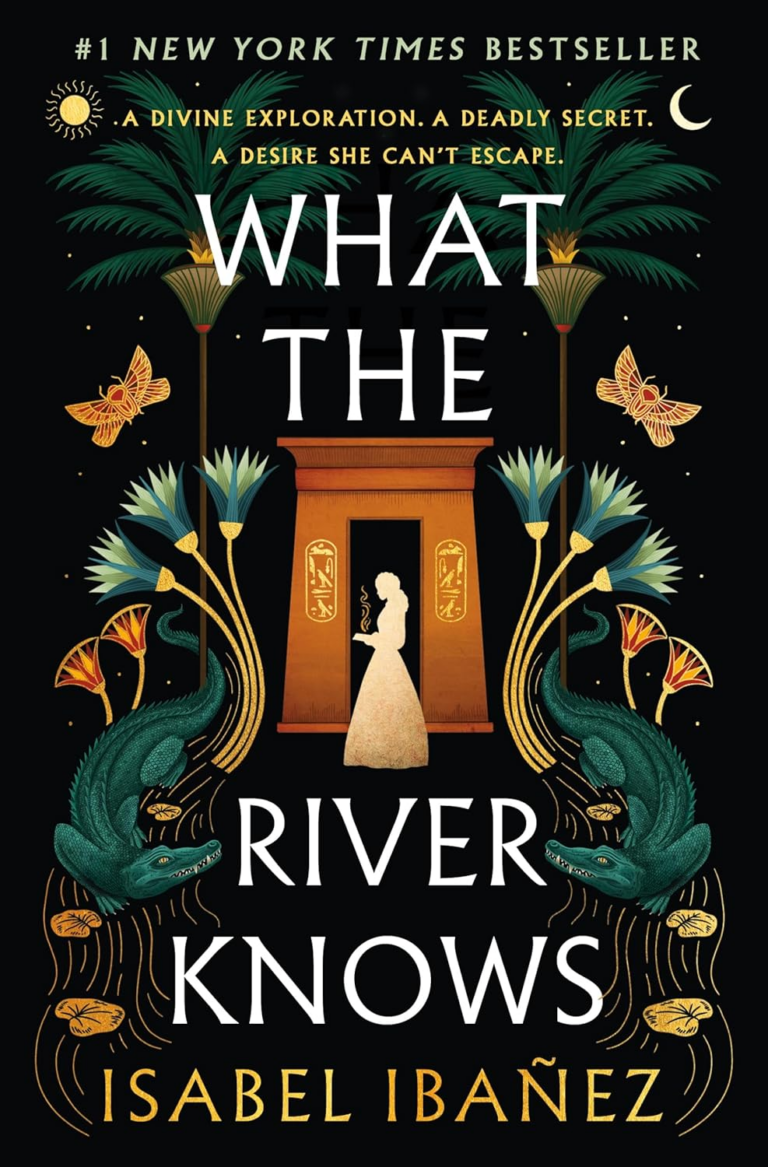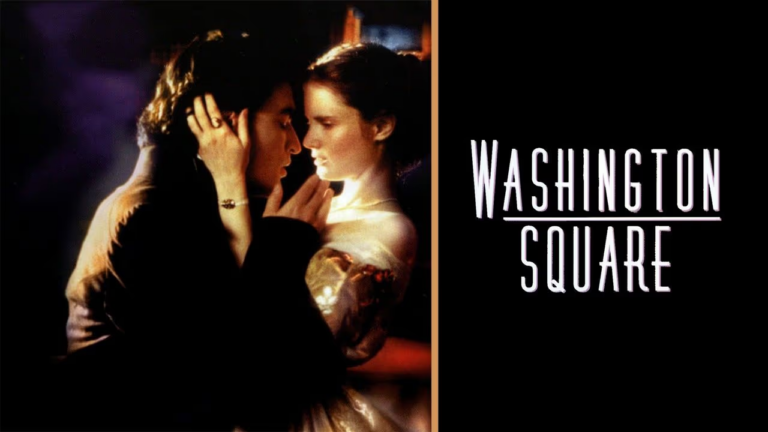(Literary Fiction | 2023)
⭐ Overall Rating: ⭐⭐⭐⭐⭐ (5/5)

Why This Book Caught My Eye
A friend recommended Yellowface to me, and its premise hooked me instantly. This is a testament to the power of word-of-mouth and a compelling blurb! Although I don’t usually dive into literary fiction, this book was an exception—and I have no regrets. It’s one of my all-time favorite reads recently.
Plot Overview (Spoiler-Free)
The story follows two authors, June Hayward and Athena Liu. Athena is a wildly successful Asian author beloved by the publishing world, while June is a white author whose career made a small splash. Their relationship is complicated, mixing admiration and envy.
When Athena dies in a freak accident, June seizes the opportunity to steal her final manuscript—a story about Chinese laborers in the British Army—and claims it as her own. What unfolds is a gripping exploration of the publishing industry, social media, cultural appropriation, racism, and diversity.
Character Insights
- June Hayward: Narrated from June’s perspective, the story captures her horrifying yet fascinating actions. She’s unlikable, but relatable—her jealousy, anxiety, and ambition are all too human. What makes her unforgettable is her self-justification, creating a complex and captivating negative character arc.
- Athena Liu: Despite being seen through June’s lens and much of the story taking place after her death, Athena’s presence looms large. Kuang masterfully portrays Athena as a rich, multifaceted character—both relatable and unlikable.
Writing Style Breakdown
- Voice & Tone: Kuang’s prose is masterful, infusing even mundane scenes with tension and unease. I often found myself bracing for what was coming next.
- Pacing: The story flows seamlessly, making it hard to put down. I assumed the pace would slow after Athena’s death, but it didn’t—it felt like watching a train wreck in slow motion.
- Techniques: Kuang excels in weaving heavy themes—diversity, racism, publishing, and social media—into the narrative with dark humor. The dialogues are sharp, the characters distinct, and the atmosphere is built through emotions rather than detailed descriptions.
What Writers Can Learn From This Book
- Worldbuilding through Emotion: Instead of relying on detailed descriptions, Kuang uses the character’s feelings to shape the world. For instance, June’s anxiety during her social media downfall makes her environment feel isolating and claustrophobic.
- Relatable Unlikable Characters: Characters don’t have to be likable to resonate with readers. June’s negative arc is both fascinating and relatable, showcasing the darker side of human ambition.
- Tone as a Foundation: Kuang’s ability to make readers feel the tone—anxiety, desperation, jealousy—throughout the book is inspiring. It pushes writers to weave emotional undercurrents into every scene.
- Meta Commentary: The book tackles complex questions about who gets to tell certain stories, all while being a story told by an Asian author through the eyes of a white protagonist. It’s a thought-provoking layer for writers to consider.
Favorite Quote or Scene
The scene where June, under the pen name “Juniper Song,” speaks at a panel about her book is unforgettable. Nothing felt so visceral of embarrassment and mortification than that scene. The criticism and the pen name choice by the publishing world felt like a storyline of its own.
Reader Takeaways vs. Writer Takeaways
- For Readers: If you want a gripping story that tackles serious issues with sharp humor and unforgettable characters, Yellowface is a must-read.
- For Writers: Kuang’s storytelling is a masterclass in crafting complex characters, weaving heavy themes, and creating a tone that stays with readers long after the last page.
Final Thoughts
Yellowface inspired me to infuse more emotion into my own writing. Kuang’s ability to weave a darkly humorous story with compelling characters and heavy themes is both humbling and motivating.
Let’s Chat, Cheekies!
Have you read Yellowface?
What lessons do you think writers can take from it?
Let’s discuss in the comments! 📚✨







